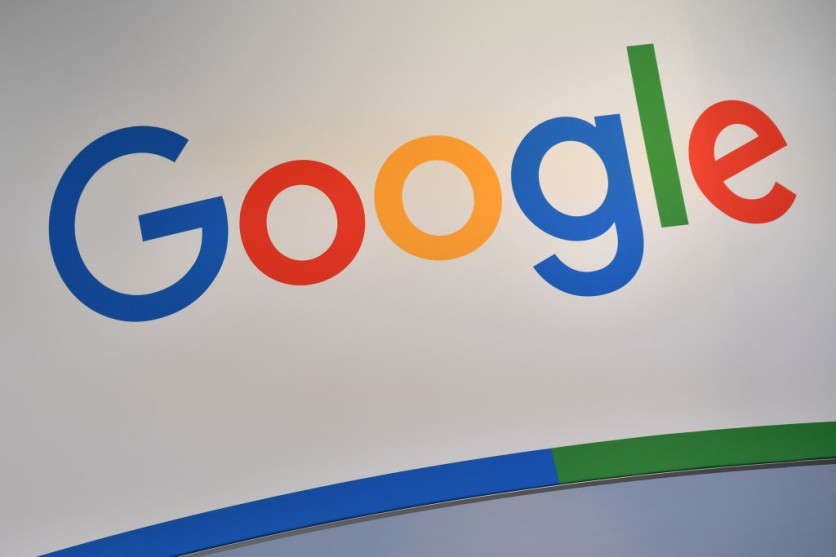Symphony, a prominent market infrastructure and technology firm, is joining forces with Google to enhance voice analytics capabilities for banks and investment firms.
This strategic collaboration comes in response to heightened regulatory scrutiny on communications compliance within the financial industry.
The US Securities and Exchange Commission (SEC) has already imposed fines exceeding $2 billion, primarily tied to lapses in tracking or recording business-related text messages during the COVID-19 lockdowns.
As regulatory pressure intensifies on messages and emails, financial institutions are preparing for potential investigations into their use of voice and video calls. Notably, only a fraction of these communications are routinely recorded and retained, according to sources.
Symphony, boasting an illustrious clientele including major banks like Goldman Sachs and JPMorgan, aims to enhance its Cloud9 voice product using Google Cloud's generative artificial intelligence (AI) platform, Vertex AI, as per PYMNTS.

Improving Communication, Security
The collaboration seeks to imbue Cloud9 with more sophisticated speech-to-text and natural language processing (NLP) capabilities. Cloud9, a communication platform, plays a pivotal role in enabling trading teams to collaborate across diverse asset classes such as commodities, interest rate swaps, and equity derivatives.
By incorporating generative AI, Symphony intends to improve the accuracy of transcribing communications for retention purposes. Moreover, the AI-enhanced system will be equipped to flag discussions for review when potential anomalies or suspicious activities are detected.
Zac Maufe, Global Head of Regulated Industries at Google Cloud, highlighted the transformative potential of generative AI, stating, "Generative AI has the potential to transform the trading landscape from automating routine tasks to identifying potential misconduct through anomalies in data," as quoted in a Reuters report.
Beyond compliance, the collaborative effort envisions users mining the transcribed data for additional insights that can influence sales or trading strategies. The system will also play a role in monitoring and enhancing the overall customer experience.
Brad Levy, CEO of Symphony, emphasized the goal of creating a comprehensive platform to process and derive insights from vast amounts of data. He expressed optimism about bringing the enhanced product to market by the second quarter.
Phil Moyer, VP of Google Cloud's Global AI Business, highlighted the increasing volume of data globally and the challenges of managing this data without advanced tools like generative AI.
Moyer explained, "Data is increasing by as much as 50% to 60% per year. So there's 180 zettabytes of data on the planet Earth right now, 90% of which has been created in the last two years."
He added that tools like transformers and generative AI are crucial in managing this massive amount of data efficiently.
Symphony will combine its AI and domain expertise with @googlecloud’s transcription and generative artificial intelligence (gen AI) capabilities to offer built-for-purpose financial markets voice analytics. https://t.co/vh47vWmwX7 pic.twitter.com/Et81R9ciSf
— Symphony (@Symphony) November 28, 2023
Google Introduces AI Core App Update for Pixel Devices
In another update, Google has released the initial update for its AI Core app, which is currently available exclusively for Pixel 8 Pro devices and is anticipated to extend to other Pixel models.
The AI Core app functions as a background service, providing essential AI capabilities to various applications on Android devices, MSpoweruser reported.
The primary responsibility of the app includes managing updates to AI models and ensuring their currency and relevance to the latest advancements.
The update introduces a new feature named "AICore Persistent," allowing the app to carve out memory and run continuously. Due to device performance concerns, end users are advised not to use this function.
Google wants to decrease cloud processing by letting users execute AI models locally, improving speed and privacy.
Despite the initial exclusivity to Pixel 8 Pro devices, the user community anticipates further development of the AI Core app.
Users expect it to play a pivotal role in powering advanced AI features on various Pixel models, contributing to a more enriched user experience on Android devices.
Related Article : Graphics Card Giant Nvidia Shifting into AI Company? CEO Jensen Huang Finalized Choice





